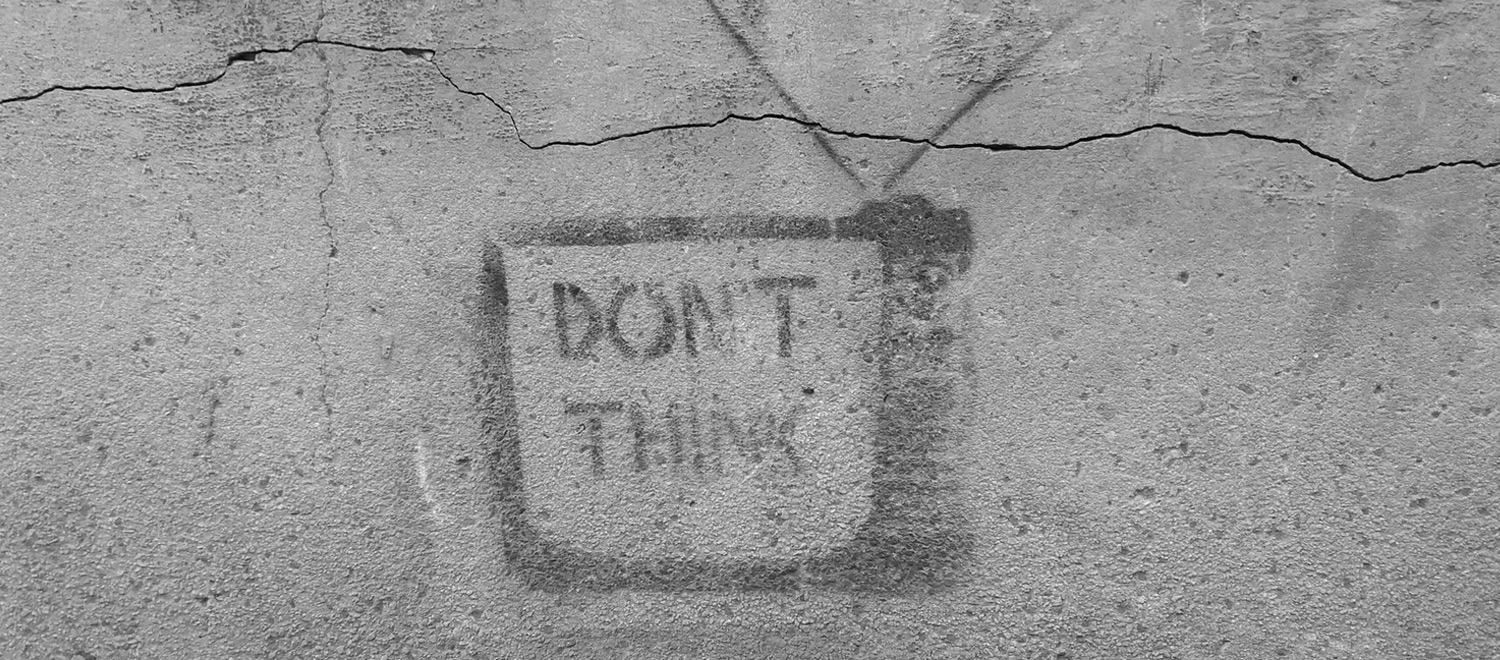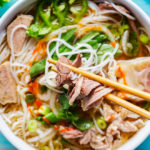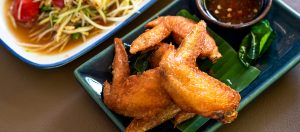Dose of Don’ts
Lately there have been a few companies who have committed some cultural faux pas especially when referring to the Asian community. It is always tough to distinguish between what can be deemed as cultural attunement or stereotyping. How do you reach the proper target, the right community and come off as genuine? Well this week, we will look at some cultural missteps and essentially a Dose of Don’ts when it comes to the Asian Community.
#2 Burger King
Burger King in NZ released an ad to celebrate their new Vietnamese inspired burger earlier this month. What was featured in this ad? Gigantic chopsticks being awkwardly used to eat a burger. They reduced what essentially was thousands of years of cultural tradition into a joke. I know, this definitely made me feel a little strange upon seeing it, especially from such a well known corporation. This caused a major uproar in the asian community. You can see that short clip here. Jenny Yang, a quite popular comedian even tweeted “We’re not asking for much. Sometimes just decide to DO LESS.” This really raises the question on how does such a large company speak to the Asian community with cultural relevance and simultaneously avoid coming off as racist? That really is the million dollar question. Being from asian descent myself, I believe it really lies in understanding the deep meanings/traditions that a culture has. A perfect example is when, during new years, we saw how some successful companies promoted the Lunar New Year using cartoonish pigs and emphasizing colors of red and gold, all relevant in those communities that celebrate the Lunar New Year. So how do you think Burger King could have advertised this specific Vietnamese inspired burger differently? I know I have a few ideas…
#1 Lucky Lee’s
Arielle Haspel opened a restaurant in NYC which “healthified” Chinese food, without being respective of the cuisine or the culture. In her advertising she goes on to claim that Lucky Lee’s Chinese food is clean, and won’t make them feel “bloated and icky” like other Chinese restaurants. This is all coming off the fact that there is really no scientific evidence that MSG causes various ailments that are associated with eating Chinese food, and stereotypes an entire culture’s cuisine. That feeling that people reference, is not a specific cuisine, but in fact the simple result of overindulgence. I know I feel the same way regardless of what cuisine I eat when I eat way too much of it (especially donuts). Let’s just say, this happens to me way too often :). Needless to say, there was a severe backlash in the Asian community. A couple doses ago, we referenced how the sentiment against how Chinese food was really inspired by general distrust with the immigration of Chinese back in the late 1800’s and how Chinese food was really Americanized to suit the taste buds of Americans. This restaurant, called Lucky Lee’s generalizes that all Chinese food is unhealthy when in fact, most of the Chinese food in America is from a specific region of China. Although the owner is not Chinese, she could have easily elevated the cuisine and paid the proper respects to it. She originally opened the restaurant to really be able to allow people who have dietary restrictions to eat Chinese food which is great, but just marketed it wrong. Learning lesson here, be respectful of a culture and sensitive to being stereotypical with what you are trying to achieve.
After taking a look at these two cultural missteps, it is quite easy to see that it does not really take much to advertise the wrong thing even with the right intentions. The learnings from this teach us that if we are going to in fact reference culture, we need to have genuine insights and not make assumptions or we could be wrong. It doesn’t hurt to ask someone who might know a lot about a culture you are trying to reach out to for a second opinion. In conclusion, Don’t stereotype a culture, but Do celebrate and respect the heritage and it will go a long way! If you see something in the media that misrepresents Asian cultures in advertising, please feel free to send it over and we will take a deeper look at it!







